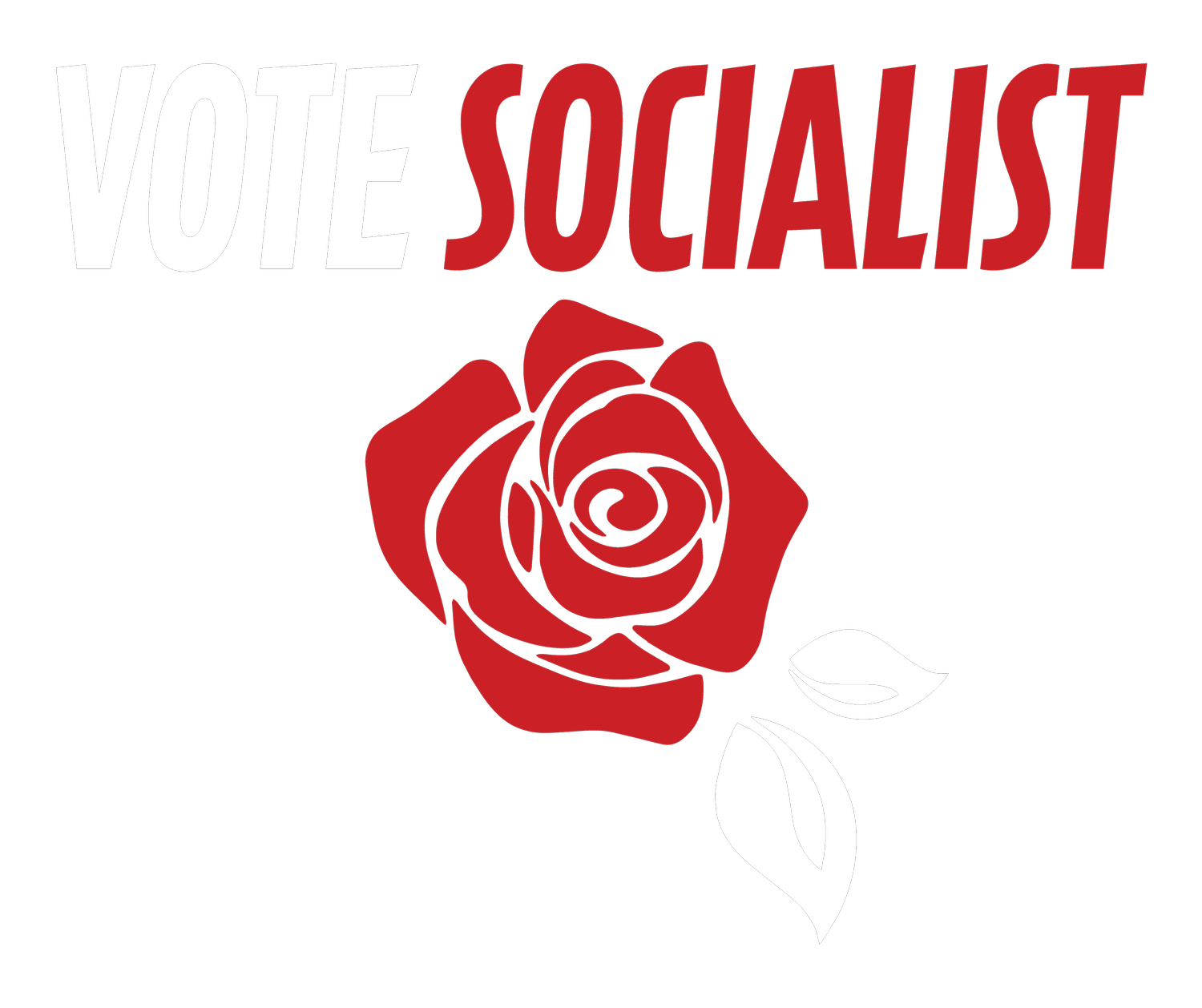Park Board - Nature never closes
The future of Vancouver parks and how we use them
Policy Goal
To reimagine city parks as a nexus of settler-Indigenous restitution, community-building, climate action, food security, and cultural innovation.
Pathways to Change
Restore complex ecosystems and Indigenous food forests in parklands where areas of cultural significance have been destroyed by colonial development in collaboration and consultation with Tsleil-Waututh, Squamish, and Musqueam knowledge-keepers;
Transfer title and management of city parklands in culturally significant areas to the Tsleil-Waututh, Squamish, and Musqueam Nations, providing funding derived from property tax and restitution tax to facilitate self-governance and rehabilitation goals;
Provide free admission for all Indigenous persons/families living in Vancouver to the city’s community centres, fitness centres, pools, ice rinks, and three (3) golf courses;
Facilitate the creation of community-led, collaborative urban food gardens, farmers' markets, plant and seed swaps, festivals, concerts, and community events by lowering fees, regulations, and barriers to innovative park use;
Expand the discount OnePass program to more working people in Vancouver; make community centre drop-in programs free for all youth 18 and under in the summer months and when school is not in session;
Convert the three (3) city-owned golf courses (McCleery, Langara, Fraserview) to other uses such as public housing, parks, or just pitch and putt, or a mix; and give the McCleery golf course back to the Indigenous title holders;
Retrofit existing parks to provide safety in case of heat domes - shaded play structures, more water fountains that are flat and level with sidewalks, more misting stations; design outdoor sleeping areas;
Build more shaded public patios on public space - where you can sit without having to buy something;
Build more fully accessible public washrooms and hand washing stations; design public washrooms that offer privacy, accessibility and dignity for users;
Immediately end the displacement of unhoused people and communities who are sheltering in parks, their harassment by police, and the theft of their belongings by city staff;
Enhance soil microbial activity in order to remove legacy carbon emissions from the atmosphere by feeding the soil organically while increasing the proportion of parkland dedicated to deep-rooted grasses, shrubs, and trees;
Adopt new policies and bylaws to promote tree preservation and green space in parks, including adding more natural wild greenery friendly to wildlife and pollinators, in harmony with Indigenous planting principles;
Ensure that every Vancouver community has access to a local, accessible green public space that includes opportunities for gardening, community-building, exercise, and outdoor events;
Reinvest in social infrastructure including renovating and adding new community centres, indoor and outdoor public pools, ice rinks and other facilities.
Provide free sunscreen dispensers with SPF 30 mineral sunscreen at outdoor pools;
Run a free, scheduled circulator bus route around Stanley Park, stopping at major attractions and points of interest and connecting to existing TransLink services, at minimum during peak summer months.
Resources
Note: The resources on each of our policy pages are a starting point for learning about various issues and organizations doing work in these areas. This is not a comprehensive list and VOTE Socialist is not affiliated with the organizations listed here. We hope that these resources will help you reflect on and consider community engagement with the pathways to change suggested. We organize and lead with courage not fear, with transformative vision not limits. Vote on October 15!
Learn more about Parks People and their annual report on Canadian parks:https://ccpr.parkpeople.ca/2020/themes/inclusion/stories/the-trouble-with-displacement
Eight (8) reasons why parks are important: http://www.gardinergreenribbon.com/why-parks-are-important/
Learn more about a US-based group dedicated to urban parks: City Parks Alliance
